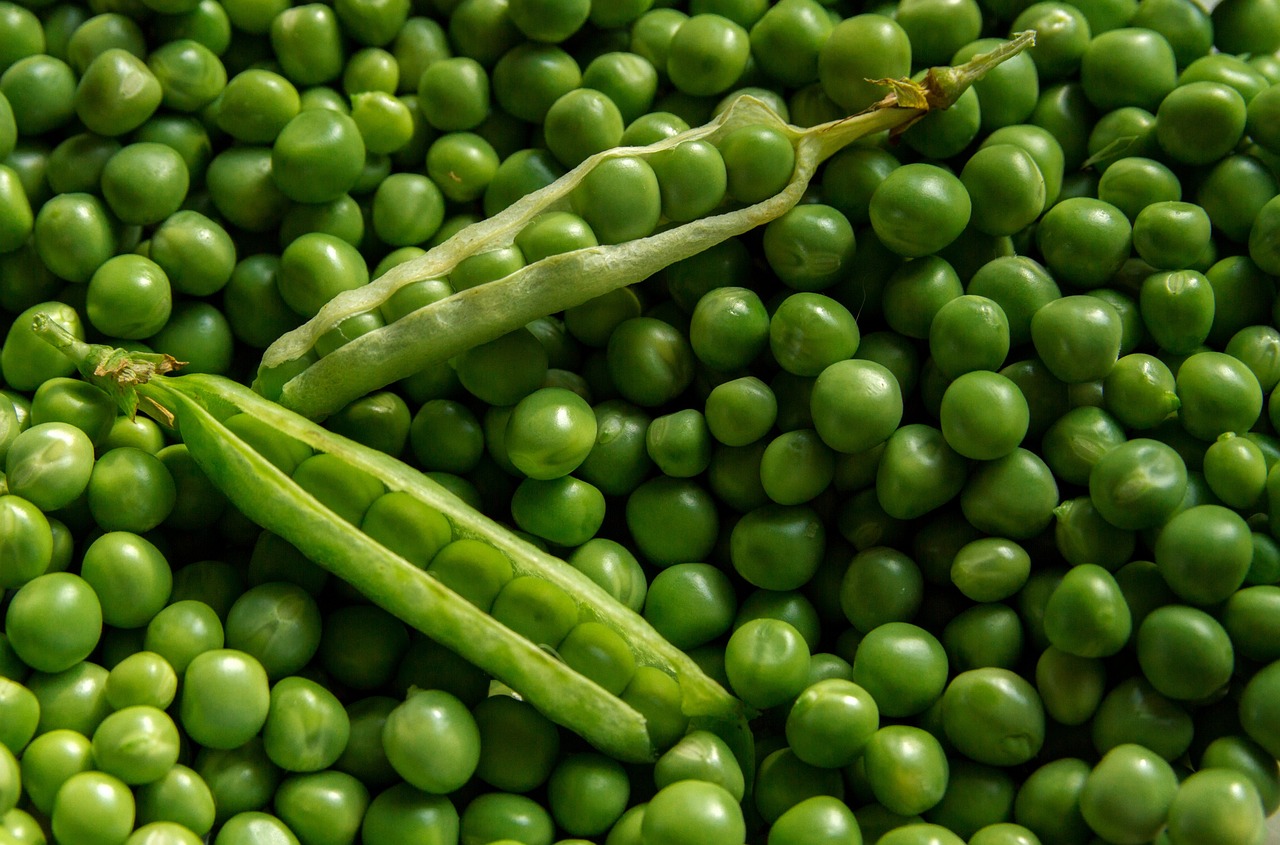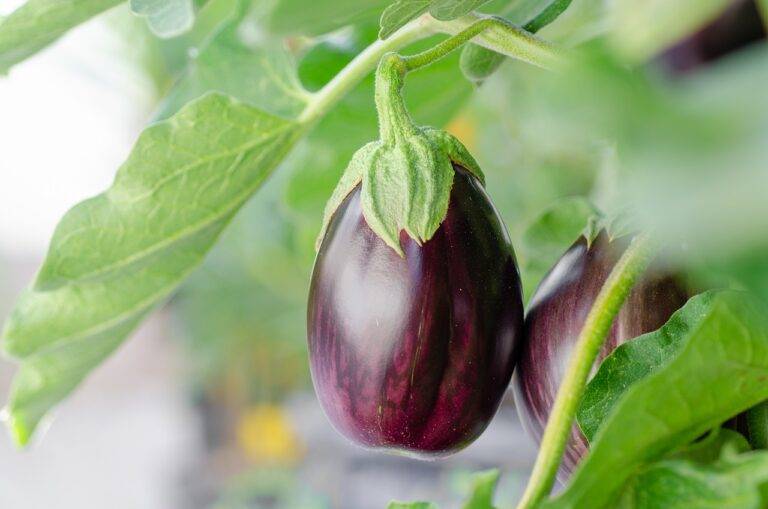Exploring the Benefits of Food Fermentation: Gut Health and Beyond
Fermentation of foods not only enhances their flavor, but also boosts their nutritional value. This process can increase the bioavailability of nutrients, making them easier for our bodies to absorb. Fermented foods are rich in probiotics, which promote gut health and strengthen the immune system.
Additionally, fermented foods can aid in digestion by breaking down complex nutrients into simpler forms. This can help reduce gastrointestinal issues such as bloating and indigestion. Consuming fermented foods regularly can contribute to overall better gut health and improved well-being.
History of Fermented Foods
Fermented foods have been a staple in many cultures for centuries, with evidence of their consumption dating back to ancient times. The process of fermentation was initially a way to preserve food before the advent of refrigeration. It was discovered that fermenting foods not only prolonged their shelf life but also enhanced their flavors and nutrition.
Historically, different regions developed unique fermentation methods that were influenced by factors such as climate, available ingredients, and cultural practices. For example, in Asia, soybeans were fermented to make soy sauce and miso, while in Europe, cabbage was fermented to make sauerkraut. These traditional fermentation practices have not only stood the test of time but have also gained popularity worldwide for their health benefits and delicious taste.
What are some of the benefits of food fermentation?
Food fermentation can increase the nutritional value of foods, improve digestion, enhance flavor, and promote the growth of beneficial bacteria in the gut.
How far back does the history of fermented foods go?
The history of fermented foods dates back thousands of years, with evidence of fermentation found in ancient civilizations like the Egyptians, Greeks, and Romans.
What are some popular examples of fermented foods throughout history?
Some popular examples of fermented foods throughout history include sauerkraut in Europe, kimchi in Korea, miso in Japan, and yogurt in various cultures.
Why did people start fermenting foods in the past?
People started fermenting foods in the past as a way to preserve food, enhance flavor, and improve digestibility. Fermentation also helped make certain foods more nutritious.
How has the process of fermenting foods evolved over time?
The process of fermenting foods has evolved over time with the development of new techniques and the discovery of different strains of beneficial bacteria. Modern technology has also allowed for more controlled fermentation processes.





